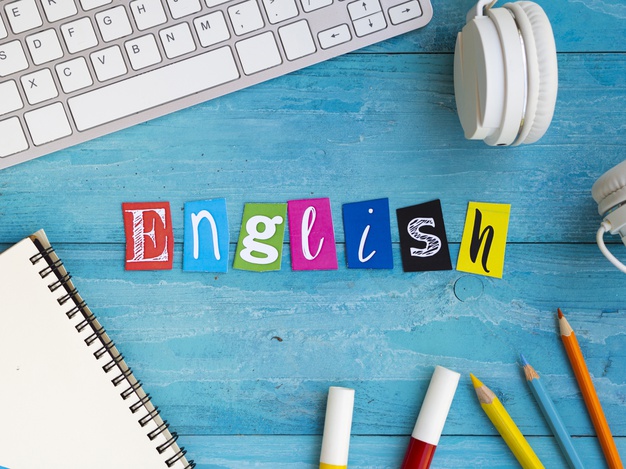If you want to study in Canada, and you do not come from a predominantly English-speaking country, chances are you will have to write an English language proficiency test.
Two of the most popular around the world are IELTS and TOEFL. But what is the difference between IELTS and TOEFL?
IELTS
The International English Language Testing System (IELTS) tests your capacity to read, write, listen to, and speak English. Though IELTS is based in the United Kingdom, you can use either British or American spellings. There are two main strands of IELTS:
* Academic: This strand is for those studying at the college or university level in an English-speaking country, or pursuing a professional career in the fields like engineering and healthcare.
* General: This is primarily for students at the high school level or lower, as well as people migrating to work in an English-speaking country. The Academic track is more valuable if you are coming to Canada for post-secondary education. It includes more graphs, diagrams, and illustrations than the General test, but it still has an emphasis on real-world communication skills. If you are in doubt over which track you should choose, the safe bet is Academic.
Listening, reading, and writing are all done on the same day, as part of the same testing session, with no breaks.
The speaking portion can be done up to a week before or after the rest of your test, and consists of a recorded 11-14 minute interview with an examiner, where you will take part in a spoken conversation. The entire test is completed in less than three hours.
IELTS uses a band system from 1 to 9, with separate scores across the four sections averaged to give your final score. Your overall result will be rounded to the nearest half-band.
TOEFL iBT
The Test of English as a Foreign Language internet-based test (TOEFL iBT) will also test your reading, writing, listening, and speaking skills in English, with a focus on authentic communication in a classroom setting. You will encounter high-level material as though you were on campus. TOEFL is an American test, but like IELTS, permits both British and American spellings.
TOEFL consists of four sections, each equally weighted, and is entirely computer-based. You’ll be asked to do both reading and listening, followed by speaking and writing, which means you’ll have to combine your competencies to succeed. The whole test will take about four hours, with an odd short break throughout.
Be aware there are other versions of TOEFL, written on paper, with a different scoring mechanism. Over 90% of TOEFL takers write the iBT.
TOEFL-iBT uses a single score, from 0 to 120 points. Each of the four sections — reading, writing, listening, and speaking — is worth up to 30, and you’ll get your score in each section alongside your total.
What are the Differences?
While the content is largely similar, with four basic areas of competency, the structures of the tests differ quite a bit. TOEFL questions are almost entirely multiple-choice, while IELTS tests have many types of questions throughout, including short answers, small essays, and gap-filling tasks — where you’ll fill in missing words.
Further, TOEFL being entirely computer-based means you won’t have to interact with an actual human. IELTS speaking tests are done face-to-face with an examiner, which can be nerve-wracking for some. When performing writing tasks, TOEFL will have you use a keyboard, while IELTS is hand-written.
In terms of length for the IELTS vs. TOEFL tests, The IELTS essay is a little shorter, at 250 words, compared to TOEFL’s 300.
In the listening portion, TOEFL will have you listen to and take notes on lectures from a university class or snippets of on-campus conversation. You will then use your notes to answer multiple-choice questions. For IELTS, you will listen to recordings and answer questions as you go, over a number of different, now-familiar question types.
Which to Choose?
First off, determine which test(s) the institutions you’re interested in will accept. If you’re not constrained, consider which test fits you best: IELTS or TOEFL.
TOEFL is longer but conducted entirely with a computer, so if you are nervous about your handwriting — or your English when talking with a native speaker — it may be a good fit for you.
IELTS is a shorter, perhaps more intense test, with a broader variety of questions and tasks, including speaking directly with an examiner.
TOEFL tends to cost anywhere from CAD $200 ($156.23) to CAD $325 ($253.88), while IELTS can be a bit more expensive, at CAD $260 ($203.09) to CAD $390 ($304.64). If you’re on a strict budget, this may be a factor.
Ultimately, which test is right for you comes down to your preferences. Each test is accepted by thousands of institutions worldwide, and have ‘test dates’ throughout the year.
The IELTS and TOEFL tests are common for Canada, and if the institutions you are interested in will accept either, then you are free to choose. Once you’ve decided, it’s time to study — but that’s a story for another time!
Read all the Latest News here. Follow us on Facebook, Twitter, Instagram, and LinkedIn.


















Add comment